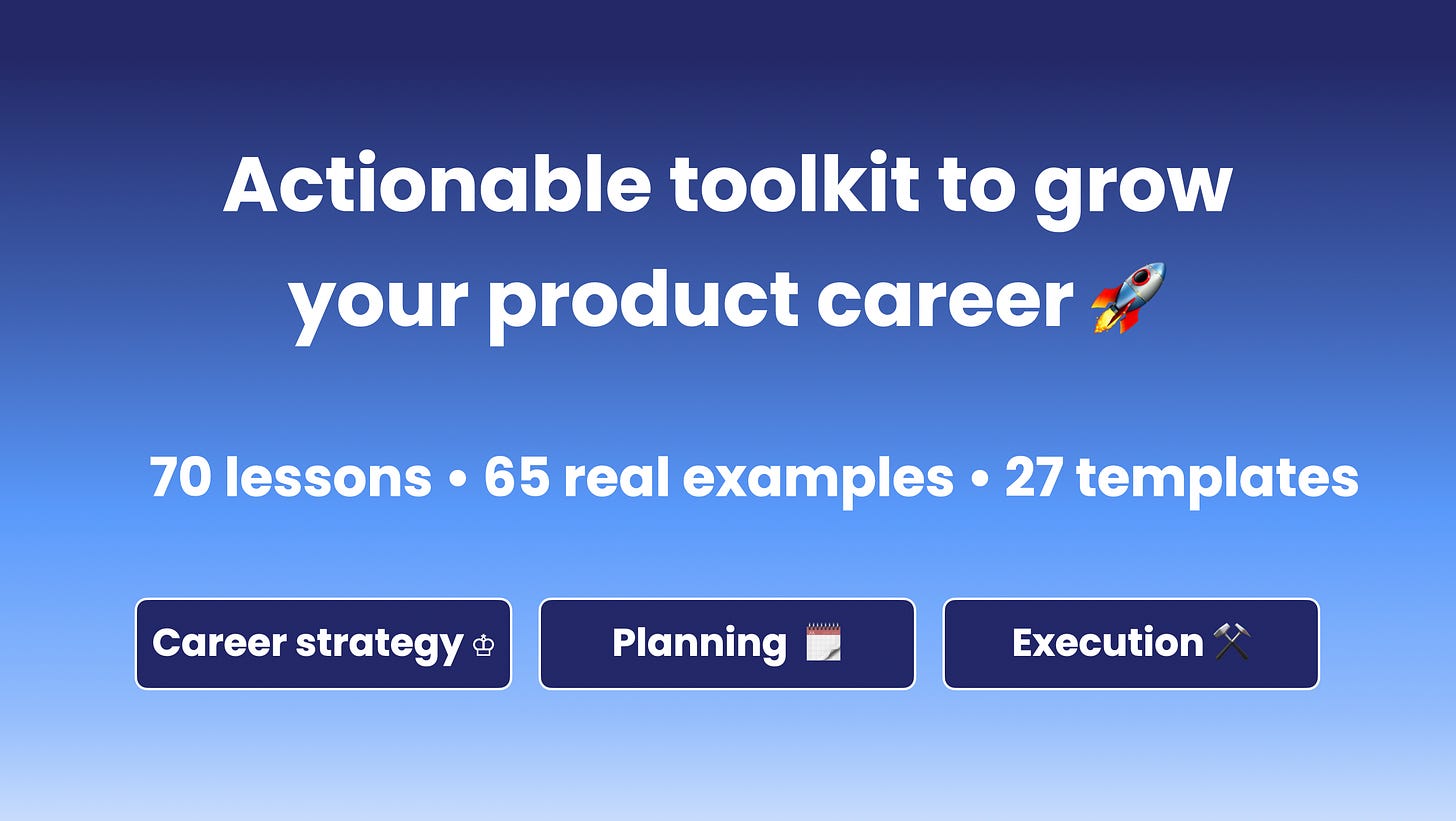I recently stumbled on a Louis CK interview where he points out the irony in how much progress we’ve made, and how nobody is any happier.
I laughed along before realizing I am the guilty party. I get exasperated when the in-flight WiFi breaks. I tear down poorly designed products. I wonder why cafés are inefficient while waiting for my matcha latte.
I suspect this might be a hazard of working in tech. Worshipping at the altar of “anything can be improved” and “every goal needs to be reset” comes at a price. It’s no coincidence that a lot of ambitious people tend to be miserable in their default state, overrun by the belief that nothing is good enough.
Given ambition is a double-edged sword, it begs the question: is there a happy medium? Can we make ambition a tool that fuels us without ruining us?
Here are some ideas I’m testing. But first, a quick word from our partner.
Partner shoutout: Idea to Startup Podcast
The Idea to Startup Podcast helps entrepreneurs go from 0 to 1. Each 20-minute episode focuses on something practical you can use right now. These hard-earned lessons are the real deal — used to build businesses collectively worth $1B+.
Check out what one listener called “10x more helpful than anything I learned during my MBA.” 😅
Selective criticism
The first side effect of ambition is a focus on criticism. Criticizing is the fastest way to feel smart, like a cheap dopamine hit. But while anyone can tear something down, very few people build things up.
Now whenever I start thinking why does this suck? I try to swap it out with how would I make it better? If I can’t be bothered to come up with something, I revoke my license to criticize. It doubles as a shortcut to humility.
Another antidote is asking: will I care about this in a week? A month? A year? If not, why let it hijack my mind now? This doubles as a nudge to prioritize problems that will compound over temporary annoyances.
Criticism is the equivalent of backseat driving. If it matters, take the wheel. If it doesn’t, why not enjoy the ride?
Can vs. should
The second side effect of ambition is a desire to fix everything. But just because something can be done does not mean it should. The line between can vs. should is thin, and takes discipline to hold down. Some examples:
Just because we can add suggestions to the document doesn’t mean we should — if we don’t feel strongly, it’s better to resist value-add disease
Just because we can do someone’s job better doesn’t mean we should — how will they get better without practice?
Just because we can make a referral program doesn’t mean we should — have we nailed the experience with a sizable customer base to refer from?
Just because we can make mobile web better doesn’t mean we should — a mobile app could make the product even stickier
When we look closely enough, many “flaws” are actually by design. Focusing on the fewest things to fix is a superpower, not negligence.
Self-esteem ratio
The third side effect of ambition is a mistaken belief that achievements alone will make us feel better. As it turns out, how we feel about ourselves can be boiled down to a ratio:
I used to think the only path to raising self-esteem was to achieve more. But after repeating that enough times, it dawned on me that there’s a second path: curating our desired achievements. In fact, being selective about this denominator — our appetite for desires — is the only way to sustain self-esteem. Otherwise, we will always be playing catch-up to our runaway expectations.
Yet every part of capitalism focuses on the topline: add more desires, reset goalposts, rise and grind. Social media is one big desire vortex. The default is to absorb every desire we see like a sponge. This makes it ever more important to ask: do I own my desires, or do my desires own me?
After all, desire is a contract to be unhappy until we get what we want. Striving is liberating when it’s what we truly want (even when nobody pays attention), but it can easily turn into a curse, making us unwitting prisoners serving a life sentence. In the end, the quality of our life is shaped by the desires we let in.
A common disease when building products is bloat — too many features turn what’s useful into a Frankenstein. That’s why it’s good to sunset some features while adding new ones. But just as feature bloat can spoil a product, desire bloat can spoil a life.
Recap
Ambition is a powerful fuel that happens to emit some dirty fumes. My working theory is that we can craft a cleaner burn when we criticize less, create more — and above all, keep our desires lean and true to ourselves.
This newsletter grows because of you! 🤗 Share with a friend, or if you’re new, subscribe below:
Finally, here’s my toolkit to grow your product career. Get the shortcuts that took me years of work to figure out.
As always, thank you for reading!





